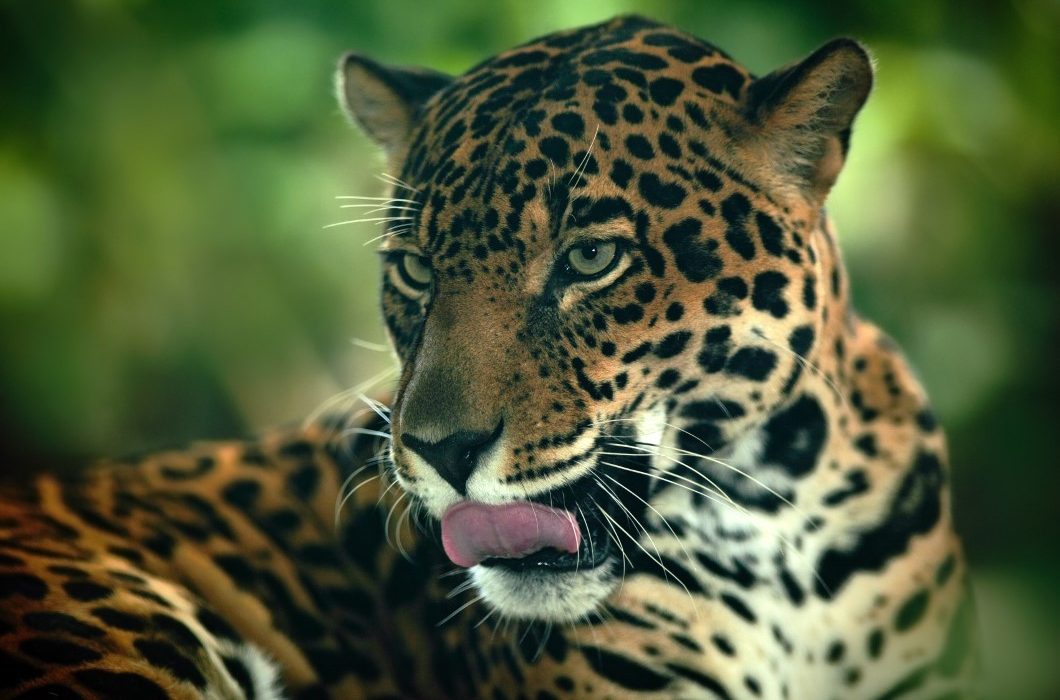
You might also like:
By law, 25% of Costa Rican territory is considered a protected area and a new reform of the environmental legislation will forbid tourists from traveling to the country to practice hunting tourism.
Last week, Costa Rica became the first Latin American country to ban animal hunting for sport, thanks to a reform to the country’s Wildlife Protection Law.
On that matter, the small Central American country (with only 51,100 square kilometers) will lose all of its tourism appeal for those who visit the destination to hunt animals for fun. Instead, the new tourism model will divert its support to ecological tourism, which represents a large part of the country’s economy.
According to the information published by Diario Ecología, Costa Rica will focus on the protection of biodiversity as an approach to attract tourists with environmental consciousness. 25% of the national territory is considered a protected area by law, formed by national parks, wildlife reserves and other protected environments.
The Legislative Assembly of Costa Rica approved a law that was originally proposed by citizens, and it establishes a fine of up to 1.5 million colones (about US$ 3,000) and up to four months in prison that will be enforced on poachers and anyone who participates in hunting tourism, which is now an illegal activity.
Penalties are also being considered for those who deal or smuggle exotic animals, whether they are dead, alive or kept as pets.
Sport hunting is still a legal activity in many countries across the world, and despite the bans and regulations in other countries, wealthy tourists travel to different destinations to hunt endangered species. In Africa, for example, elephants, giraffes, lions and other species are seriously endangered. In Uruguay, wild boars are freely hunted despite the fact that many people and environmental organizations advocate for more strict regulations.
Source: tourism-review.com



